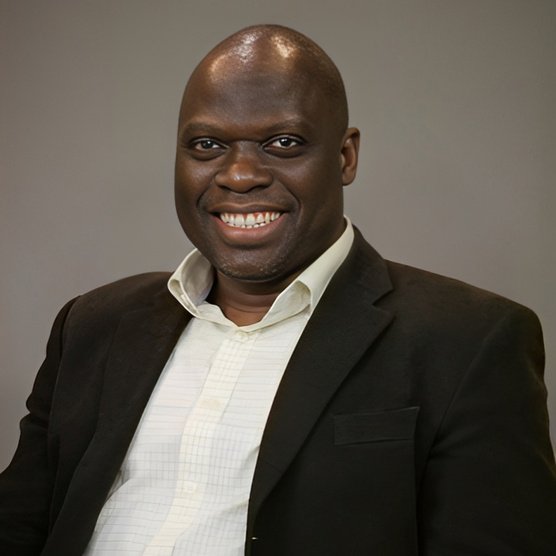Ebenezer Obadare is Douglas Dillon senior fellow for Africa studies at the Council on Foreign Relations (CFR). Before joining CFR, he was professor of sociology at the University of Kansas, Lawrence. He is also a senior fellow at the New York University School of Professional Studies Center for Global Affairs, as well as a fellow at the University of South Africa’s Institute of Theology. His most recently published book, from the University of Notre Dame Press, is titled Pastoral Power, Clerical State: Pentecostalism, Gender, and Sexuality in Nigeria.
Obadare was Ralf Dahrendorf Scholar and Ford Foundation International Scholar at the London School of Economics and Political Science where he completed his PhD in social policy in 2005. He holds a BA in history and an MSc in international relations from the Obafemi Awolowo University, Ile-Ife, Nigeria.
Obadare was a political reporter for The News and TEMPO magazines from 1993 to 1995, and a lecturer in international relations at the Obafemi Awolowo University from 1995 to 2001. His primary areas of interest are civil society and the state, and religion and politics in Africa.
He is the author and editor of numerous books, including Christianity, Sexuality and Citizenship in Africa (2019), Pentecostal Republic: Religion and the Struggle for State Power in Nigeria (2018), Governance and the Crisis of Rule in Contemporary Africa: Leadership in Transformation (2016), Humor, Silence, and Civil Society in Nigeria (2016), The Handbook of Civil Society in Africa (2014), Civic Agency in Africa: Arts of Resistance in the 21st Century (2014), Democracy and Prebendalism in Nigeria: Critical Interpretations (2013), and Nigeria at Fifty: The Nation in Narration (2011).
Obadare’s essays have appeared in the leading Africanist and disciplinary journals, including the Review of African Political Economy (ROAPE), African Affairs, Politique Africaine, Journal of Civil Society, Democratization, Patterns of Prejudice, Africa Development, Africa, Critical African Studies, Development in Practice, Journal of Modern African Studies, Journal of Contemporary African Studies, Interkulturelle Theologie, and Journal of Church and State.
He is the editor of Journal of Modern African Studies and contributing editor of Current History.
 Online Store
Online Store
